Five accomplished men on the female role models that have changed their lives
This story is part of How We’ll Win in 2019, a year-long exploration of workplace gender equality. Read more stories here.
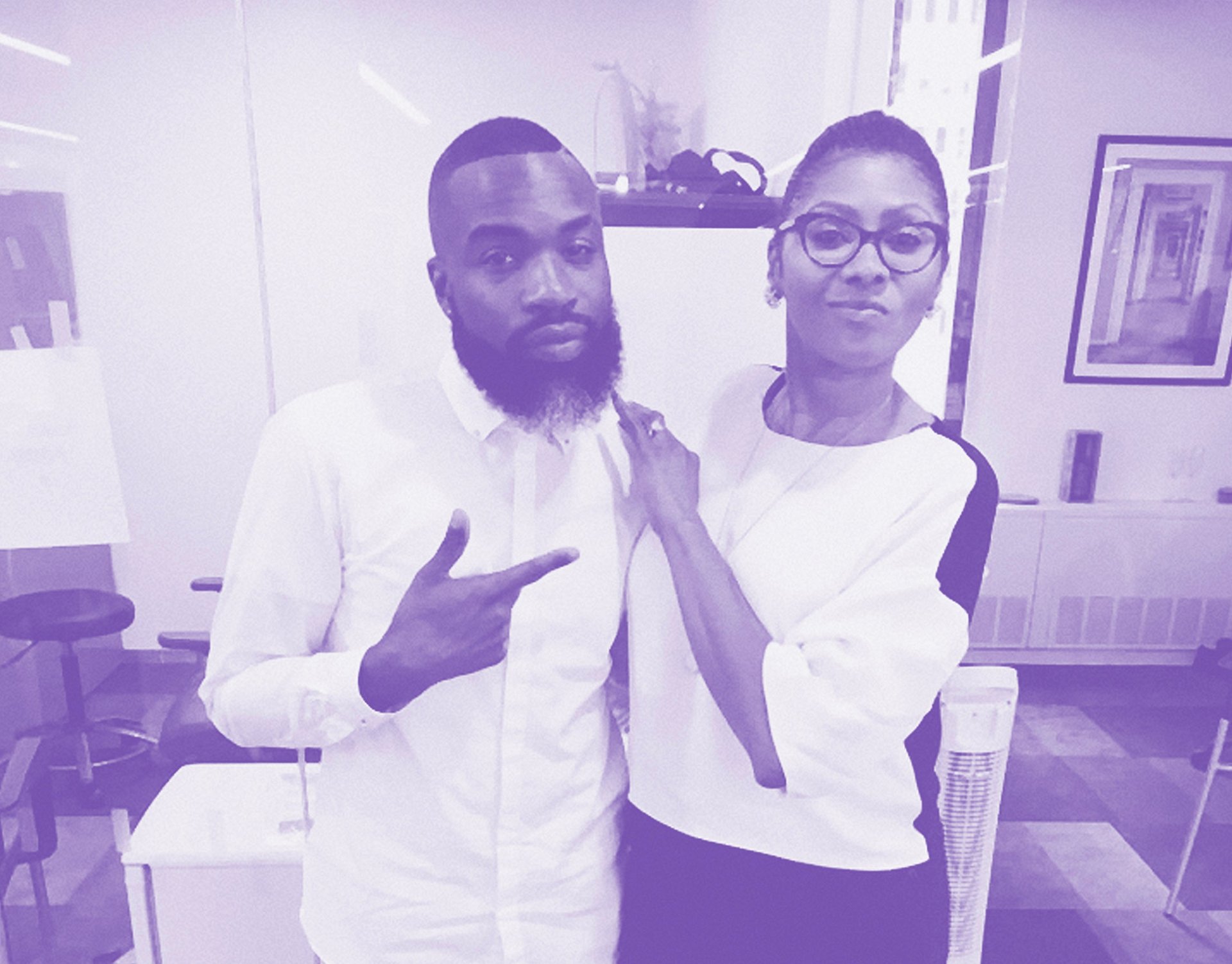

This story is part of How We’ll Win in 2019, a year-long exploration of workplace gender equality. Read more stories here.

This piece was created in partnership with Breakthrough, a global human rights organization that aims to reduce violence and discrimination using media, arts, and tech. Learn more here.
No matter your field, you probably have someone who you’ve looked up to as a model for what is possible. And how often has that person, whom you’ve only dreamt about working with, say something to you like this: “If you take a role on my team, you will have the space you need to grow and do the type of work that you love. You won’t forget it.” I have heard it once, and the person who said it, Kierna Mayo, was right. Working with her has transformed my path and my approach to my vocation as a writer and media maker.
When I met with her to talk about taking a role as an editor-at-large on her team, I had been contemplating resigning my position as a senior editor and correspondent at Mic, the digital media company. I had been offered two jobs at competing companies. It was a critical turning point in my career, a moment when I was presented with opportunities to grow my skills beyond covering stories centered on race, gender, and sexuality in ways that black journalists working within a white-male dominated industry tend to be required to do. I desired more space to continue creating and producing the content that I knew was underreported in mainstream media—stories centering on the peoples and cultures not fully represented within newsrooms and media companies.
Mayo was at the helm of a new media platform at iOneDigital/Urban One, aptly titled Cassius, which was to be a news site centered on black culture without apology. And she, a black woman who had served at the helm of print magazines like Honey (which she co-founded) and Ebony, was charged with leading the development of a media platform whose name conjured the cavalier boldness of its black male namesake, Cassius Clay. I knew that, as a black woman leader within a field dominated by senior executives who are men, Mayo would push back against the status quo. When we met, she had already begun to pull together a team of black and Latinx journalists, mostly women, who she charged with bringing the appeal of the print magazine world to digital media. I wanted in.
I left our meeting confident that I would accept her offer. And I did in 2017. Under her leadership from 2017-18, I grew as a media maker and became less afraid of being a maverick. It was, for example, the first time that I directed, produced, and hosted a docuseries. The series explored the lived experiences and histories of black LGBTQIA people in Atlanta. Mayo trusted my vision and empowered me to get it done. I am now head of strategy and programs at Breakthrough US, a global human-rights organization that uses media, art and technology to change culture and our world. When I am faced with challenges in my new role, I often imagine how Mayo would respond.
Professional advancement aside, however, I am left to consider Mayo’s impact on my approach as a team leader and media maker. She taught me how critical it is to create what is lacking. Throughout my career, I’ve worked on teams led by men or white women—and on a few occasions I’ve worked under black women. I am where I am in my career, possessed by a deep investment in using whatever job I land for the purposes of uplifting communities that exist on the edges of the margins, because of Mayo and the black women leaders who have shaped me. I am a better writer and burgeoning auteur because of Mayo. And like so many men who’ve likely benefited from the labor and care of the women in our lives, I am thanking her here because I haven’t thanked her enough.
How many men like me are overdue in lifting up the women whose commitment to their craft has fortified our career paths? In celebration of Women’s History Month, I’ve asked several men to join me in sharing their stories about women who have shaped their careers.
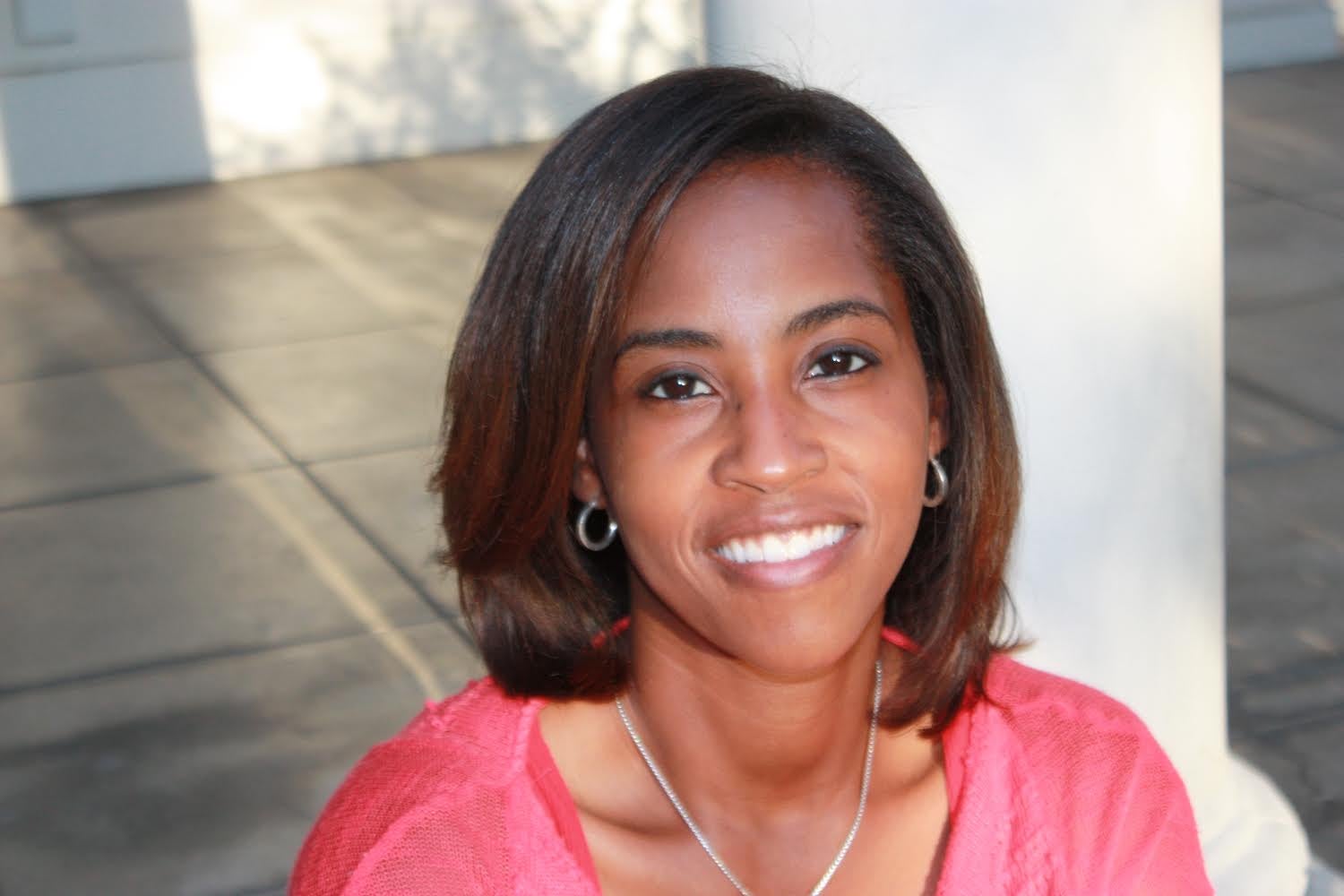
DeTavio Samuels, president of iONE Digital and One Solution, a digital media company and creator of content for US urban audiences, recalled the impact that Sibyl Chavis, CEO of the Ripple Agency, a digital, social media and influencer agency, had on his career. They worked together at Global Hue, the largest multicultural advertising agency in the US, from 2007-11. “There are not many people—men or women—who have positively impacted my career like Sibyl,” Samuels said via email. “People often ask me how I became a president in my early 30s—it’s 100% because Sibyl didn’t care about my age but instead saw my talent and promoted me accordingly,” Samuels continued. “Not only did she help catapult my career, but she also provided a leadership model I could aspire to. Instead of ruling with fear and control, Sibyl led with a deadly combination of high expectations, coupled with love and grace. I’m blessed to now call Sibyl my friend; and although we no longer work together, her impact on my life is still very much present both personally and professionally.”
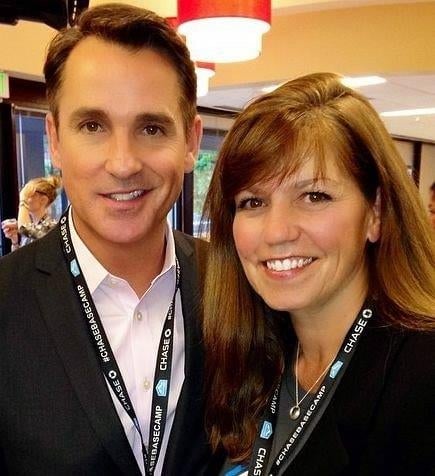
William Kapfer, global head of supplier diversity at JPMorgan Chase & Co, recalled the tremendous impact of his colleague Mary Jane Rogers. They started working together five years ago. At the time, Mary Jane was the chief communications officer for the business banking unit and William was only one month into his role as vice president for global supplier diversity. “I’ve been the lucky beneficiary of having many amazing mentors in my life. Each of them has had a profound and lasting impact on me. But no one more than my JPMorgan Chase colleague, Mary Jane,” Kapfer said via email. “Her unselfish investments in me have enriched my life beyond measure. She has been such an integral part of my career and I can only hope to have the opportunity to inspire others as she has inspired me. In addition to giving me incredible career advice, she has provided me access to senior leaders, invited me to participate in high profile partnerships and events, and has provided me with a seat at the table, acting as a resource to me from the very first day we met.”
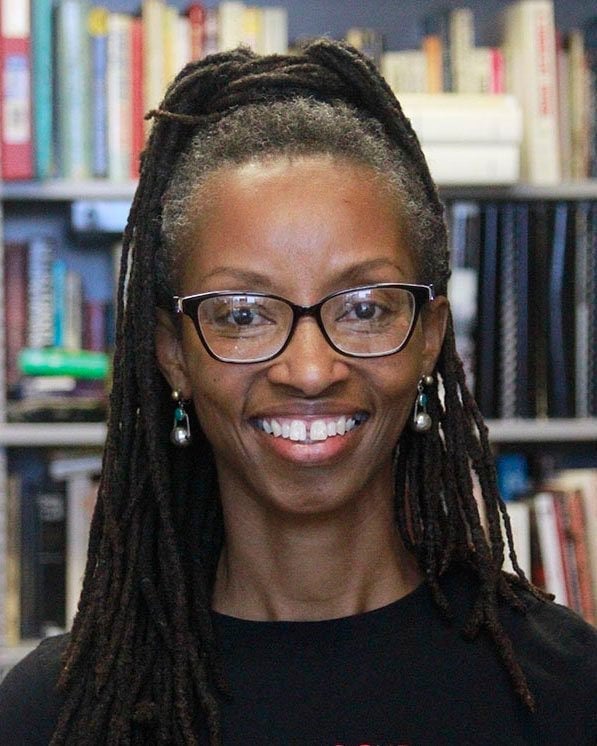
Dr. David Leonard, author of Playing While White: Privilege and Power on and Off the Field and professor of Comparative Ethnic Studies and American Studies at Washington State University, talked about the influence of African American Studies professor and scholar Ula Taylor. Leonard and Taylor first met when he was a graduate student at University of California, Berkeley. Dr. Taylor played an important role in his career serving as a source of support and inspiration. She cared about his success in graduate school in a moment when he didn’t feel like he belonged; through advice, through encouraging him to use his voice, and through modeling the power of community-relevant scholarship and teaching, Taylor contributed to Leonard’s growth as a scholar and was one of the primary reasons he made it out of graduate school. “I arrived in Berkeley with trepidation and anxiety. My fears were quickly assuaged after a lunch with Dr. Ula Taylor,” Leonard recalled. “At the time, I saw such support as ‘normal’ and ‘routine,’ yet it was anything but commonplace—it is the kind of daily labor that is often rendered invisible. This is the essential work, often carried out by faculty of color, particularly women, that deserves recognition because of its impact. This labor isn’t just about support and mentoring but intellectual work. Thank you, Dr. Ula Taylor for giving so much to me and so many others. Thank you for contributing to my purpose.”
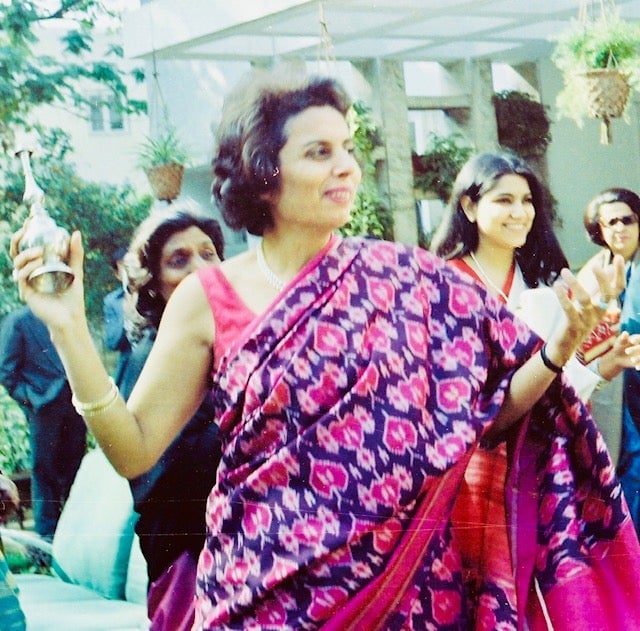
Ravi Sinha, executive vice chairman of global corporate & investment banking at Bank of America Merrill Lynch, writes of his mother’s profound impact on his life and career trajectory. Tara Sinha, now 86, started her career in advertising and marketing in Kolkata, India in the 1950s. At the time, it wasn’t typical for women to work, especially not in the advertising industry. “She was self-made, took an advertising course, and never went to college,” Sinha said. “And, yet, during her 30s and 40s she became CEO of one of India’s largest advertising agencies and then became the number-two person in Coca-Cola India. She eventually moved to Atlanta with Coke to take on a senior role and then one day was given a hint that she would need to give up her sari for western clothes to get ahead. She kept her sari on and returned to India, later founding her own advertising agency before selling it to McCann Erickson Worldwide.” Sinha did not grow up with a limited imagination regarding the roles of women in the workplace because “between my mother’s career, and her sense of independence, as well as my sister’s career, I never grew up thinking that women could not do everything that men could, and then some.”
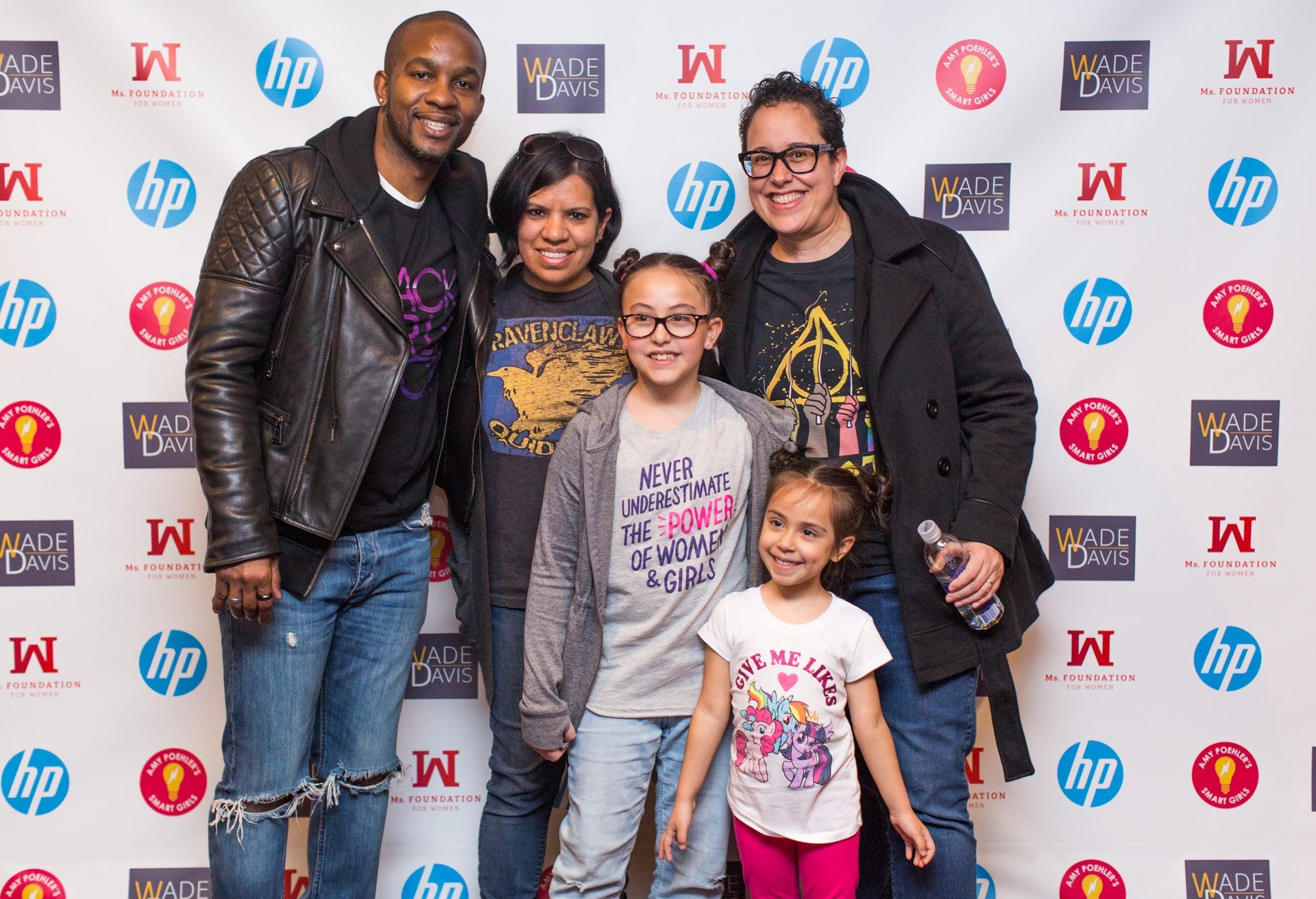
Wade Davis, a former National Football League player who is now a inclusion consultant for organizations like Netflix and the NFL, told me that he owes much gratitude to Lillian Rivera, executive director of HMI-New Jersey, a not-for-profit organization serving the needs of LGBTQIA young people. Wade and Lillian met while they were both working at the Hetrick Martin Institute in New York. Wade joined the team as the assistant director of job readiness and Lillian was director of advocacy and capacity building. It was Wade’s first job at a not-for-profit after his time in the NFL and private sector. “Lillian is my shero. She took a chance on me when I was in throes of self-hatred and loved me. She introduced me to feminism,” Davis said, “and she taught me asset-focused leadership that values bravery over bravado. Lillian created the conditions for me and many others to learn how to finally love themselves.”
This story is part of How We’ll Win in 2019, a year-long exploration of workplace gender equality. Read more stories here.